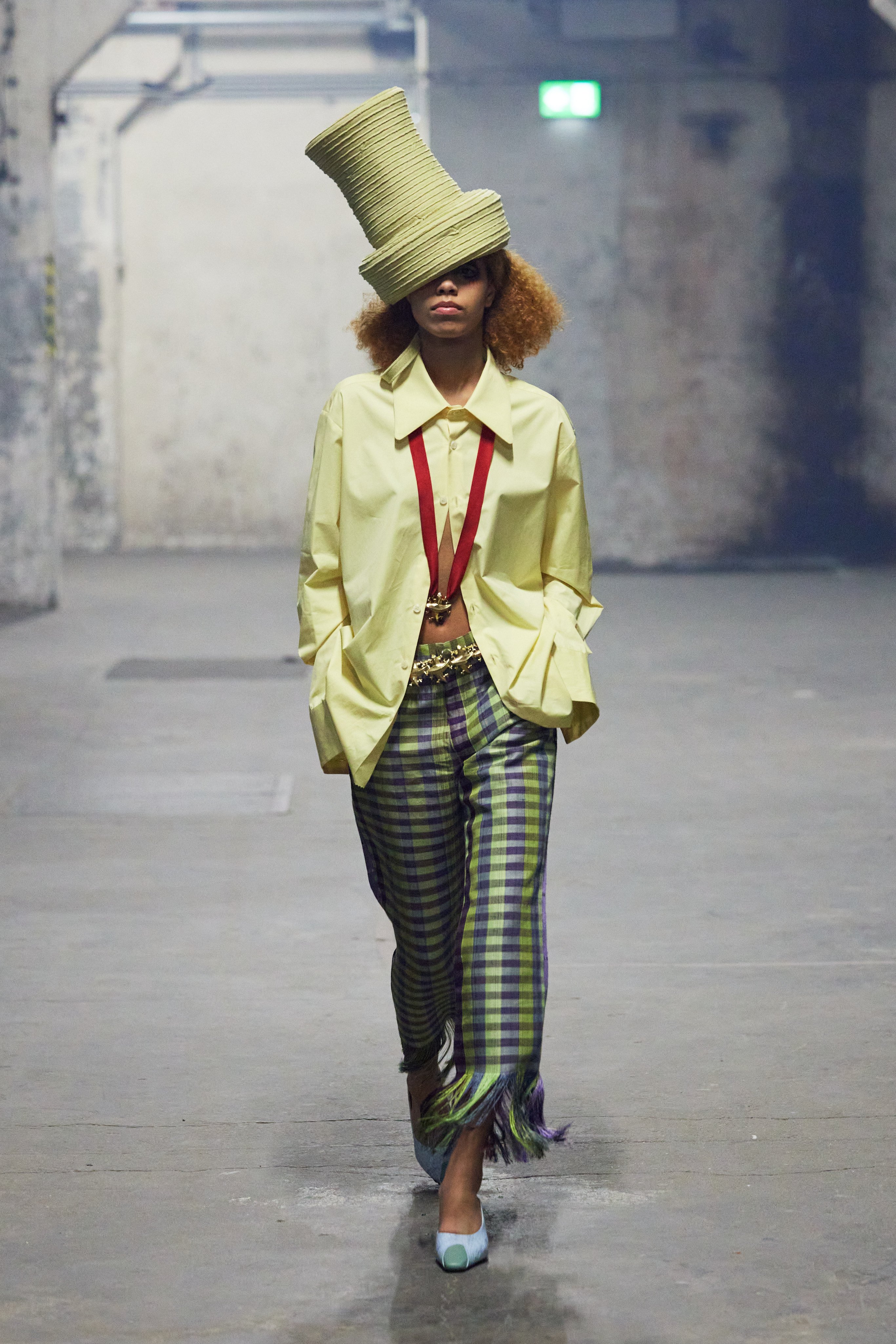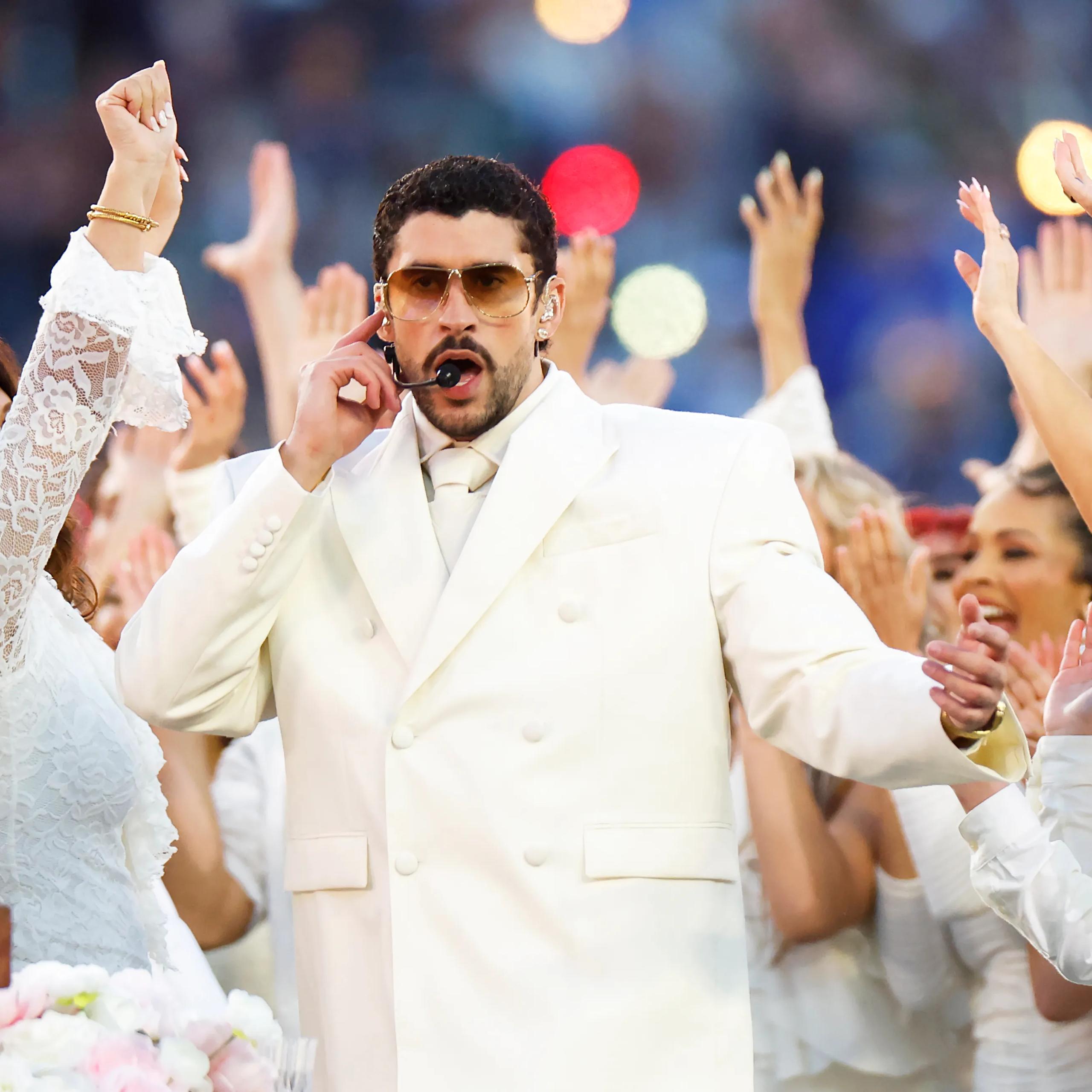Says If President of Rwanda Kagame Can Invade His Neighbourhing Country, He Should--Amidst Congo Genocide
.JPG)
Ibrahim Gano, better known as “Gano Did It,” is a Gambian content creator. Not to be mistaken with Gambian-rooted rappers such as Pa Salieu, or even J Hus, who have always expressed their solidarity and pan-African ideals through their music. Ibrahim, by contrast, has just started trending for his YouTube series, in which he travels across African countries and offers his honest ratings as a tourist. However, all of this took an unexpected turn three months ago when he uploaded a video from his last visit to the same country that Nigerian sweetheart Tems had been forced to cancel her show back in January due to an ongoing massacre.
First popularised by Ghanaian pioneer Wode Maya, this idea of Africans sharing their travel experience within the continent has garnered significant attention. Take Nigerian YouTuber Tayo Aina; for example, who even extended his journey as far as Siberia, a Russian region rarely visited by tourists, let alone African travellers. This wave of content creation not only highlights how Africans are exceptional visual storytellers but, most importantly, the biases they face when travelling in their position. To this day, only six African countries offer visa-free entry to all African nationals, not to mention the difficulties with bureaucratic hurdles and unpleasant encounters with foreign authorities, both Wode and Tayo have documented several times through videos.
.JPG)
In 2013, the late Anthony Bourdain visited the Congo to film an episode of his renowned series, The Parts Unknown. Inspired by Polish-British novelist Joseph Conrad’s “Heart of Darkness,” he explored the country with an open mind, capturing the complex yet resilient beauty of Congo. Almost a decade later, Wode embarked on a similar journey, aiming to shed light on a nation often portrayed as isolated from the rest of the world. However, the result of his video revealed how challenging a task it is. Despite what many might think, his legitimate criticism was applauded by both the Congolese diaspora and locals alike, proving that while many want to view the Congo beyond a political lens, its people are equally committed to demanding much-needed change.
.JPG)
While Ibrahim often includes brief and loosely framed explanations of an African country's history in his videos, nothing compared to the veiled comments he felt compelled to share in his video titled “The Africa You Don’t See On TV - Rwanda.” At this point and time, it is not known whether the Gambian upcomer has ever visited the Congo or taken any lessons on its region’s history; however, judging by the ignorant remarks he made, we can assume that it does not appear to be the case. His exact words, and I quote, in the same video content, which was meant to focus on Rwanda, he claimed; “When I hear that Kagame wants to take over Congo, [...] if he can, he should. At least then, we might see peace in that region.”
It goes without saying, Ibrahim’s opinions echo the propagandist rhetoric promoted by Rwanda’s authoritarian government and amplified through its media. To add insult to injury, he seemed to believe that the best way to uplift one African country and its beautiful people is by diminishing another. Just to be clear, Rwanda’s leadership can not bring peace to a country that is “unstable by design” when they are the direct cause of its unrest. Moreover, a weakened government does not justify stripping an entire population of its right to national sovereignty.
.JPG)
Africa stands as the youngest continent in the world, and so is its entrepreneurship. It has massive potential to lead in the areas of tech, entertainment, and vast industries targeting a global audience. If we want to progress as a collective, we need to avoid repeating the same mistakes of our oppressors, namely division and conquest, which resonates in the derogatory words the young Gambian shared online. Anyone with an impressionable mind could have landed on OkayAfrica’s article on Ibrahim Gano and come across his dangerous message. In the same vein, it is our duty as media outlets to spotlight individuals within the African community who act with good intent and hold them accountable where necessary.
.svg)

.JPG)





.png)

